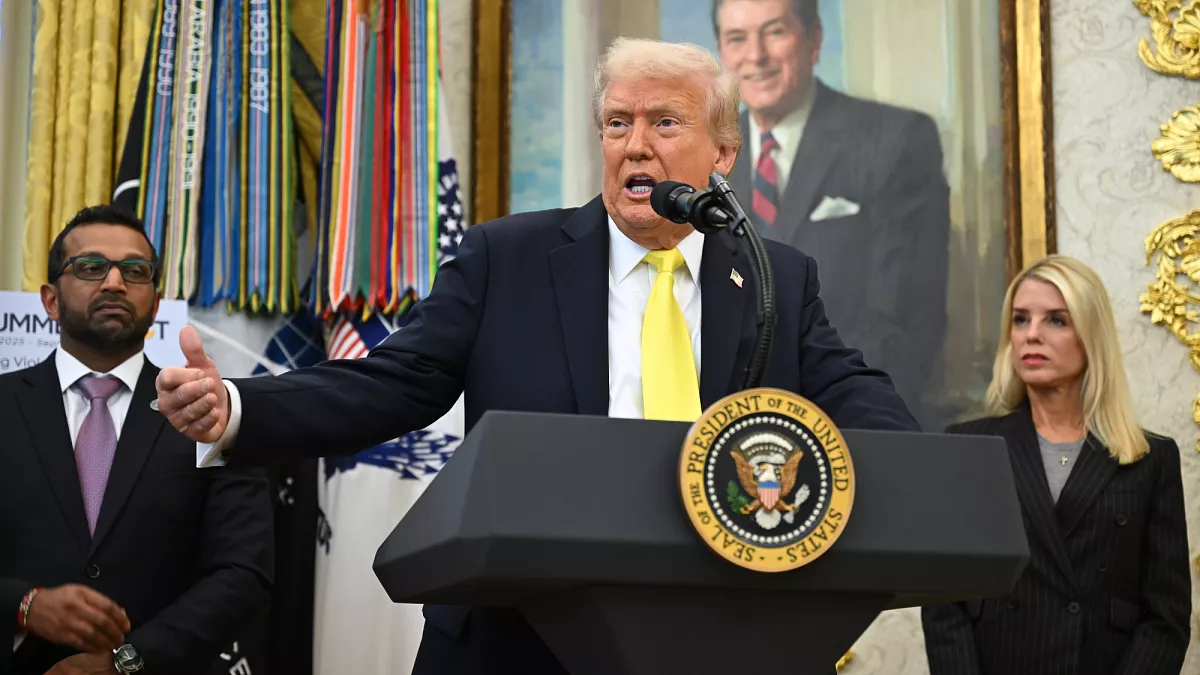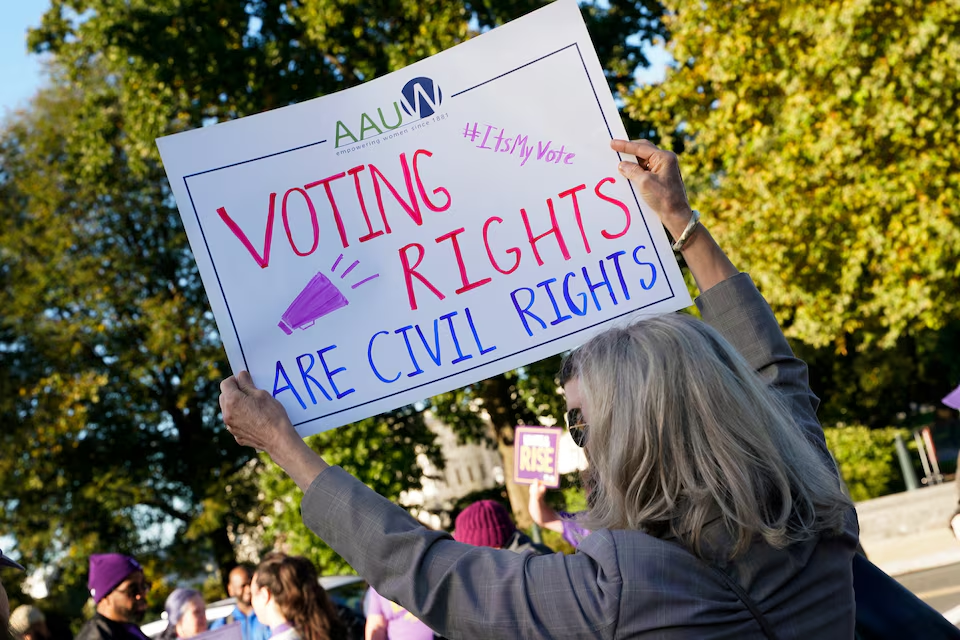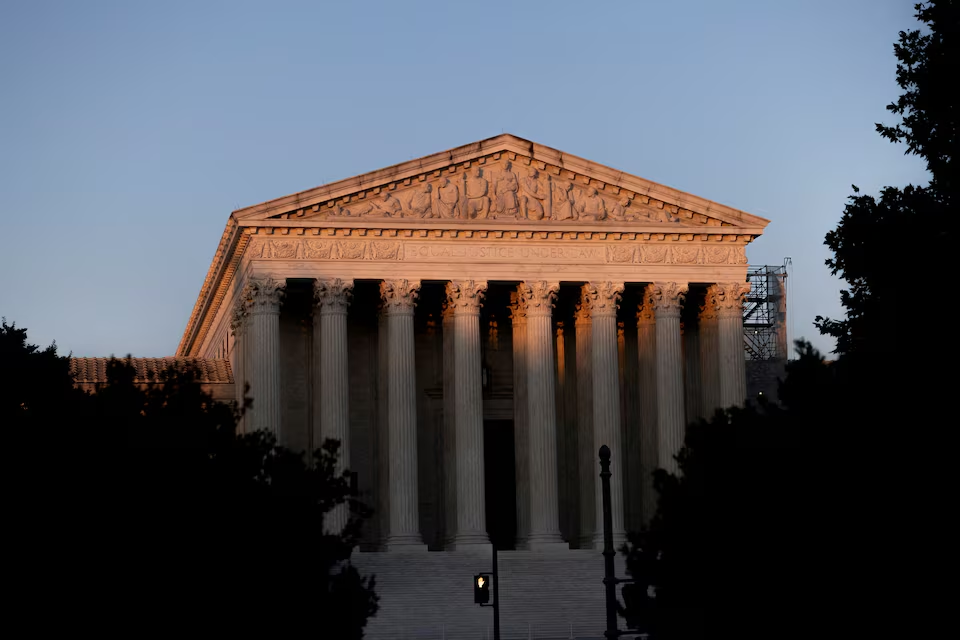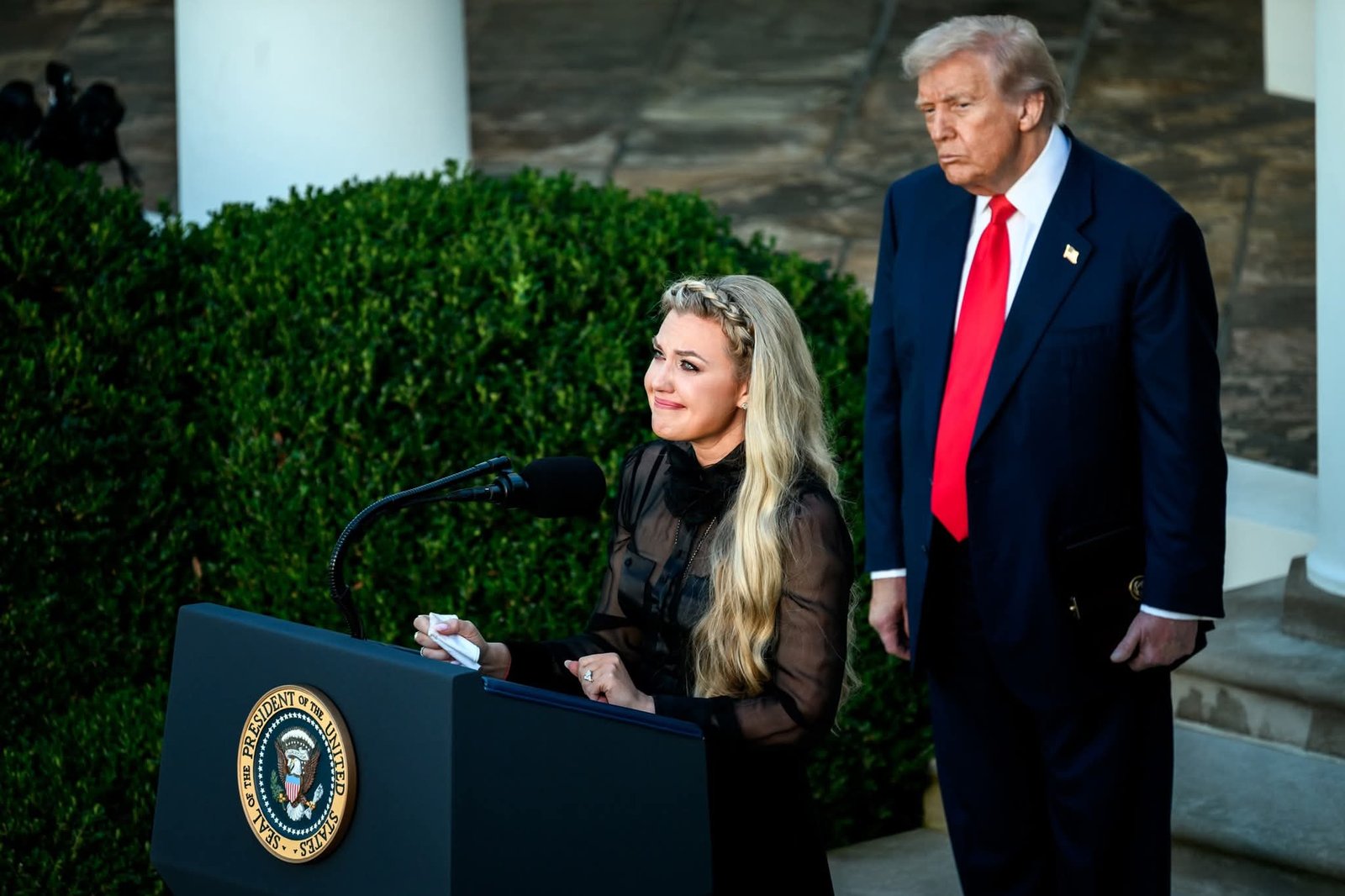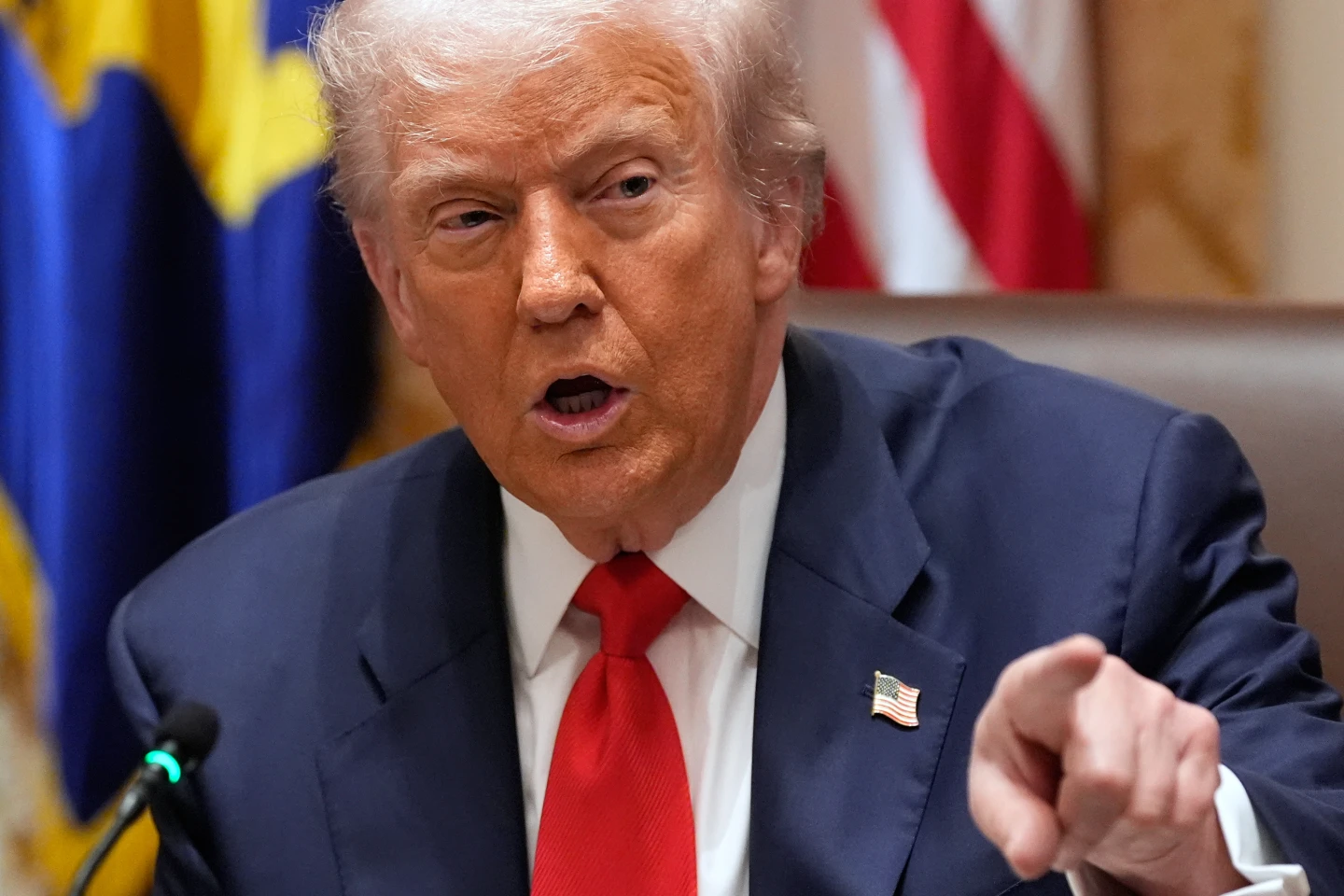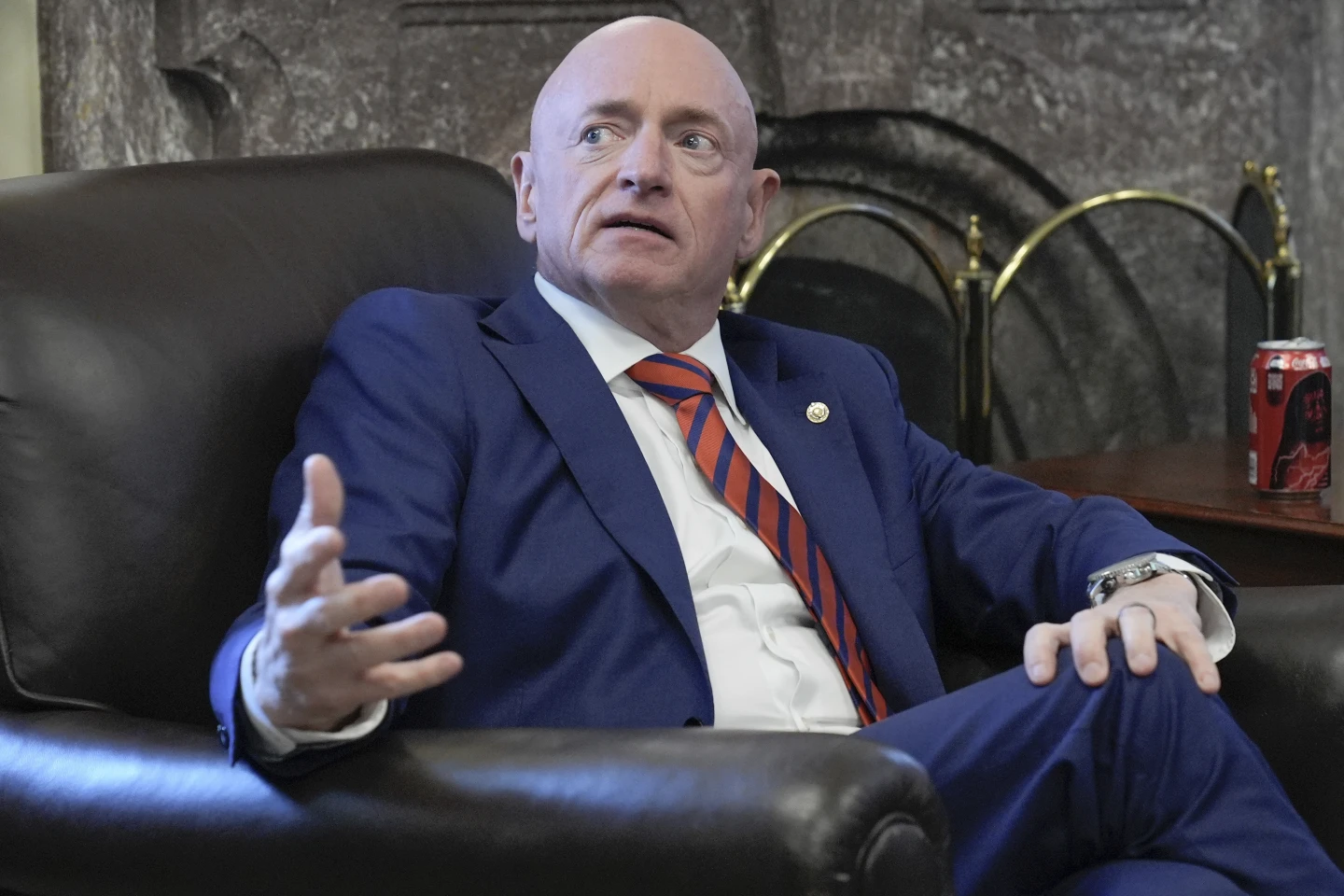Trump’s ‘Big, Beautiful Bill’ Passes Senate by Single Vote After Marathon Session
After a marathon session lasting over 24 hours, U.S. President Donald Trump’s massive tax and spending proposal—dubbed the “Big, Beautiful Bill”—has passed the Senate by just one vote
Trump’s ‘Big, Beautiful Bill’ Passes Senate by Single Vote After Marathon Session
Trump’s ‘Big, Beautiful Bill’ Passes Senate by Single Vote After Marathon Session
Washington, July 1, 2025 —
After a marathon session lasting over 24 hours, U.S. President Donald Trump’s massive tax and spending proposal—dubbed the “Big, Beautiful Bill”—has passed the Senate by just one vote. The bill now awaits the president’s signature, marking what could become the most significant legislative victory of Trump’s second term.
The bill passed 51–50. Although three Republican senators opposed it, Vice President J.D. Vance cast the tie-breaking vote. The dissenting Republicans were Thom Tillis (North Carolina), Rand Paul (Kentucky), and Susan Collins (Maine). All Democrats voted unanimously against the bill.
Massive Funding for National Security and Border, But Budget Deficit Set to Rise
The legislation, championed by Republicans as the “Big, Beautiful Bill,” includes sweeping increases in spending on border security, defense, and energy production, while also extending trillion-dollar tax cuts. However, it introduces deep cuts to healthcare and food assistance programs.
According to the Congressional Budget Office (CBO), the bill will add $3.3 trillion to the federal deficit over the next decade. Many Republicans expressed concern over the ballooning deficit, and some objected to the drastic Medicaid cuts—which, according to the CBO, could strip millions of Americans of healthcare access.
Thune’s Strategic Maneuvering and Vote-Wrangling
Senate Majority Leader John Thune played a pivotal role in pushing the bill through. He managed to secure enough support at the last moment by addressing internal party divisions.
“This victory is a tremendous win for the American people,” Thune declared. He held private meetings with several key senators, including budget hawks Ron Johnson, Rick Scott, Rand Paul, and Lisa Murkowski.
Murkowski said, “I was deeply concerned about the impact this bill could have on our most vulnerable populations.” However, she ultimately voted in favor after securing key appropriations for Alaska and ensuring her state’s interests were protected.
Bill Heads Back to House, Trump Eyes July 4 Signing
The legislation now returns to the House. If the House approves the Senate’s amendments, the bill will be sent to President Trump for his signature. The president has already stated his intention to sign it into law by July 4.
Passed via Budget Reconciliation, Democrats’ Objections and Amendments Fail
Republicans used the budget reconciliation process to pass the bill, which allowed them to bypass the need for Democratic votes.
Democrats attempted to delay the vote by having the entire bill read aloud on the Senate floor—a process that took nearly 16 hours. They also introduced a series of amendments aimed at putting pressure on Republicans, but most were ultimately rejected.
Key Amendments and Final Hurdles
Language that would have delayed state-level AI restrictions was removed from the final bill.
An amendment was approved to accelerate eligibility verification to prevent Medicaid payments to deceased individuals.



